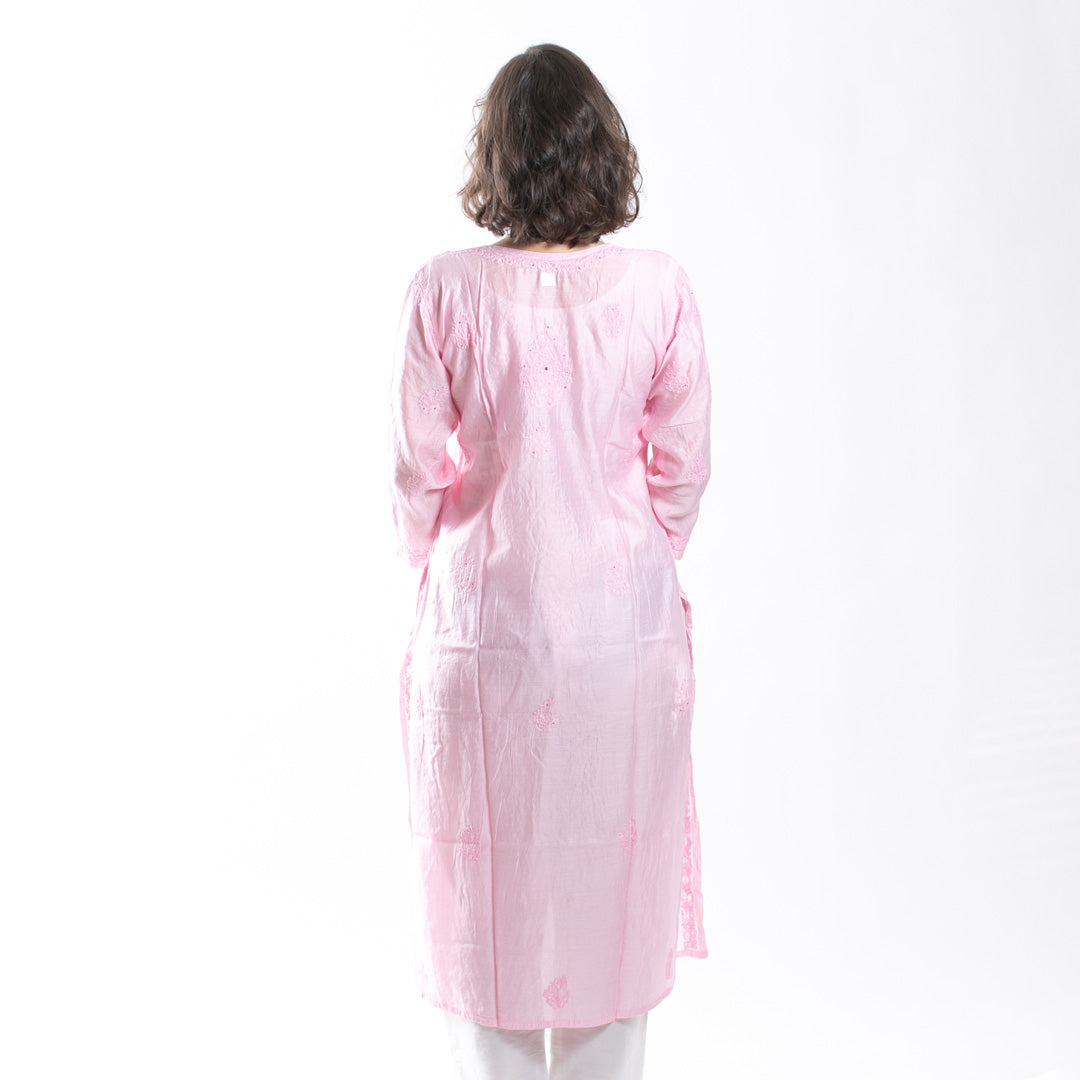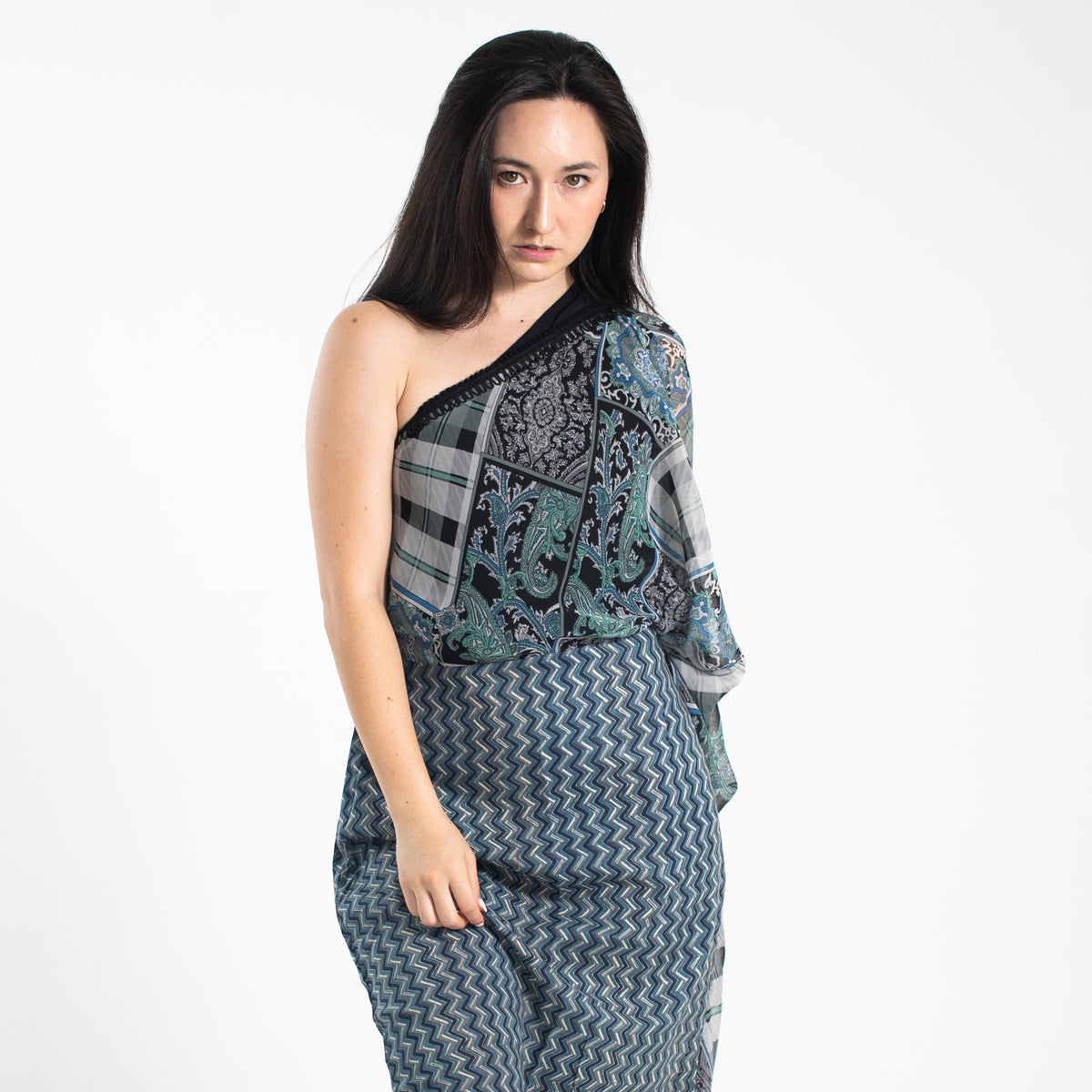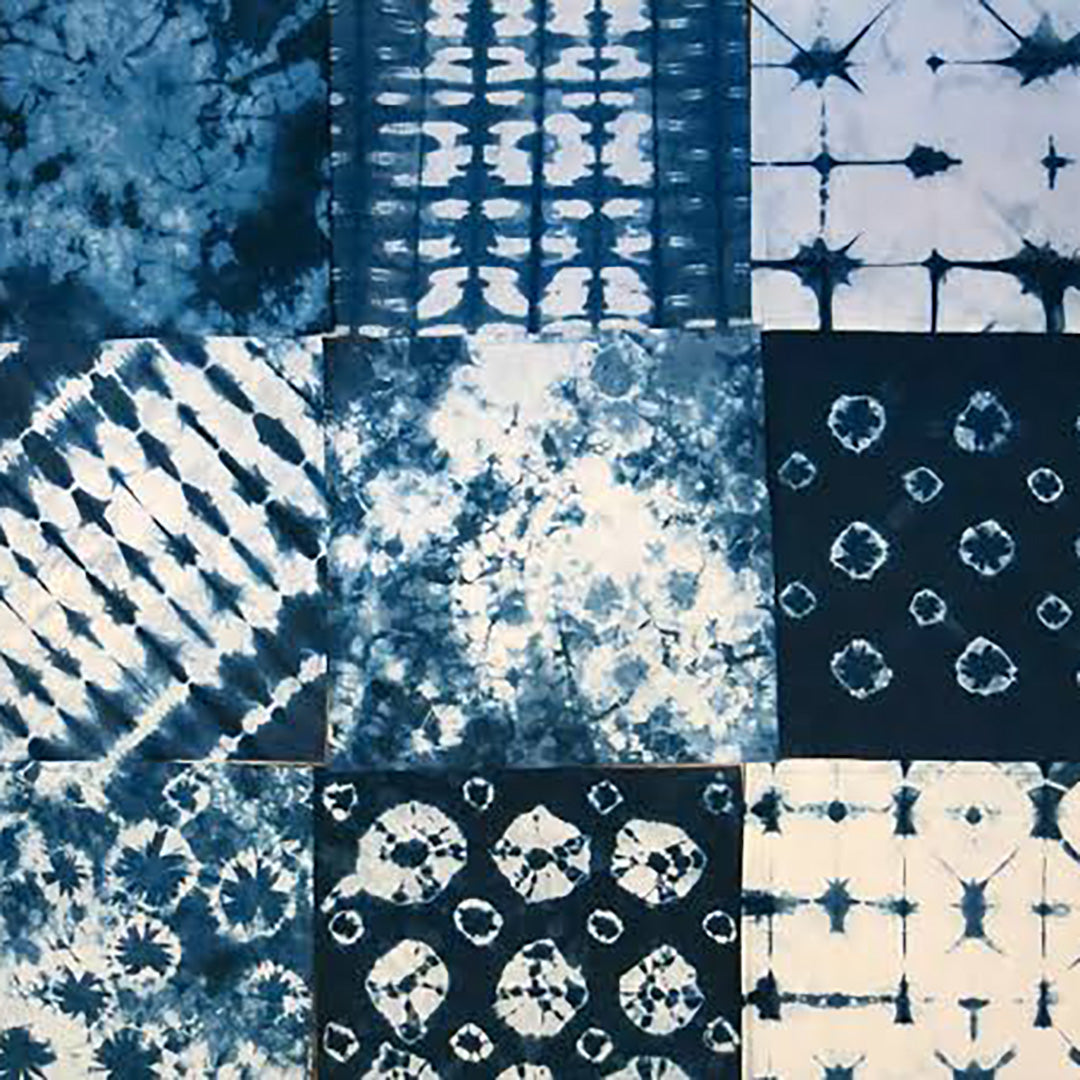大量生産やファストファッションは、商品を迅速かつ手頃な価格で作成できるという点では革新的でありますが、良いことばかりではありません。大量生産が常に最良のアプローチであるとは限らない主な理由をいくつか紹介します。
環境への影響
大量生産は、多くの場合、重大な環境悪化につながっています。大量の原材料が必要になると、森林破壊、採掘、その他の生態系に悪影響を与える行為が行われる可能性があります。さらに、大量生産施設は大量の廃棄物や汚染を生成し、気候変動や環境汚染の一因となる可能性があります。
品質管理の問題
製品が大規模に製造される場合、一貫した品質を維持することが困難になる場合があります。製品の欠陥やバリエーションがより頻繁に発生する可能性があり、顧客の不満と返品の増加につながります。対照的に、小規模生産では細部への細心の注意とより高い品質基準が可能になります。
職人による技術の喪失
大量生産では、一つ一つ丁寧に仕上げる、手作り特有の魅力が失われることがよくあります。個々の職人の芸術性や技能は失われ、均一性や効率性が優先されます。これは文化遺産の損失や職人技の価値の低下につながる可能性があります。
経済的不平等
大規模な生産は富と権力を少数の企業に集中させる傾向があり、経済的不平等につながります。中小企業や地元生産者は、大量生産品の低価格や広大な流通ネットワークとの競争に苦戦することが多く、市場から追い出される可能性があります。
過剰生産と廃棄物
大量生産は、販売できる以上の商品が生産される「過剰生産」につながる可能性があります。この過剰は廃棄物につながり、売れ残った製品が最終的に埋め立て地に送られることがよくあります。さらに、より多くを継続的に生産しようとする傾向は、消費主義と使い捨ての文化を促進し、環境問題をさらに悪化させる可能性があります。
雇用の喪失
大量生産に不可欠な自動化と機械化は、重大な雇用の喪失を引き起こす可能性があります。これらのテクノロジーは効率を向上させる一方で、人間の労働力の必要性も減らし、雇用率や地域経済に壊滅的な影響を与える可能性があります。
倫理的懸念
大量生産施設、特に発展途上国の施設では、劣悪な労働条件、児童労働、不当な賃金などの非倫理的な行為が行われることがあります。これらの慣行は、生産コストを低く抑える必要性によって推進されており、多くの場合、労働者の権利や福祉が犠牲になっています。
限定的なイノベーション(改革)
大量生産における効率とコスト削減に重点を置くと、イノベーション(改革・改心)が抑制される可能性があります。企業は、確立された生産ラインを混乱させることを恐れると、新しいデザイン、材料、またはプロセスを実験することに消極的になる可能性があります。これは、製品開発の停滞や市場の多様性の欠如につながる可能性があります。
なぜAbundanceは大量生産をサポートしないのか
Abundnaceでは、異なるアプローチを採用しています。当社の製品はすべて、地元の芸術や技術をサポートする職人によって慎重にデザインされています。職人技へのこの取り組みにより、各製品がユニークで最高の品質であることが保証されます。さらに、当社の商品の多くは受注生産であるため、過剰生産や廃棄の落とし穴を避けることができます。地元の職人をサポートし、持続可能な生産方法に焦点を当てることで、伝統的な技術を保存するだけでなく、より公平で環境に優しい経済にも貢献します。
まとめ
大量生産はコストの削減や商品の入手しやすさなど、多くの利点をもたらしたことは間違いありませんが、その悪影響を考慮することが重要です。環境悪化、品質と職人技の損失、経済的不平等、倫理問題は無視できない重大な懸念事項です。小規模で持続可能な生産の要素を組み込んだ、よりバランスの取れたアプローチは、大量生産の欠点を軽減しながら、大量生産の利点を活用する方法を提供する可能性があります。
Abundnaceでは、綿密なデザイン、地元芸術への支援、持続可能な実践により、当社の価値観を損なうことなく優れた製品を生み出すことができることを実証し、模範を示すことに誇りを持っています。
*すべての画像は意識の共有を目的としてGoogleから取得したものです。当社は同様の権利を所有しません。
Concerns About Mass Production
Mass production and Fast Fashion, while revolutionary in its ability to create goods quickly and affordably, is not without its downsides. Here are several key reasons why mass production may not always be the best approach:
Environmental Impact
Mass production often leads to significant environmental degradation. The need for large quantities of raw materials can result in deforestation, mining, and other practices that harm ecosystems. Additionally, mass production facilities can generate substantial amounts of waste and pollution, contributing to climate change and environmental contamination.
Quality Control Issues
When products are made on a large scale, maintaining consistent quality can be challenging. Defects and variations in the products can occur more frequently, leading to customer dissatisfaction and increased returns. In contrast, smaller-scale production allows for closer attention to detail and higher quality standards.
Loss of Craftsmanship
Mass production often eliminates the unique touches that come with handcrafted goods. The artistry and skill of individual craftsmen are lost in favor of uniformity and efficiency. This can result in a loss of cultural heritage and the devaluation of artisanal skills.
Economic Inequality
Large-scale production tends to concentrate wealth and power in the hands of a few corporations, leading to economic inequality. Small businesses and local producers often struggle to compete with the low prices and vast distribution networks of mass-produced goods, which can drive them out of the market.
Overproduction and Waste
Mass production can lead to overproduction, where more goods are produced than can be sold. This excess leads to waste, with unsold products often ending up in landfills. Moreover, the drive to continually produce more can encourage a culture of consumerism and disposability, further exacerbating environmental issues.
Loss of Jobs
Automation and mechanization, integral to mass production, can result in significant job losses. While these technologies increase efficiency, they also reduce the need for human labor, which can have devastating effects on employment rates and local economies.
Ethical Concerns
Mass production facilities, especially those in developing countries, can sometimes engage in unethical practices, such as poor working conditions, child labor, and unfair wages. These practices are driven by the need to keep production costs low, often at the expense of workers' rights and well-being.
Limited Innovation
The focus on efficiency and cost-cutting in mass production can stifle innovation. Companies may be less willing to experiment with new designs, materials, or processes if they fear disrupting their established production lines. This can lead to a stagnation in product development and a lack of diversity in the market.
Why Abundance Doesn't Support Mass Production
At Abundance, we take a different approach. All our products are carefully designed with craftsmen, supporting local arts and techniques. This commitment to craftsmanship ensures that each product is unique and of the highest quality. Furthermore, many of our items are made to order, which helps us avoid the pitfalls of overproduction and waste. By supporting local artisans and focusing on sustainable production methods, we not only preserve traditional skills but also contribute to a more equitable and environmentally friendly economy.
Conclusion
While mass production has undoubtedly brought many benefits, including lower costs and greater accessibility to goods, it is crucial to consider its negative impacts. Environmental degradation, loss of quality and craftsmanship, economic inequality, and ethical issues are significant concerns that cannot be ignored. A more balanced approach, incorporating elements of small-scale and sustainable production, may offer a way to harness the advantages of mass production while mitigating its drawbacks.
At Abundance, we are proud to lead by example, demonstrating that careful design, support for local arts, and sustainable practices can create exceptional products without compromising our values.
*all images are taken from google for the purpose of sharing awareness. We don't own any rights for the same.































































